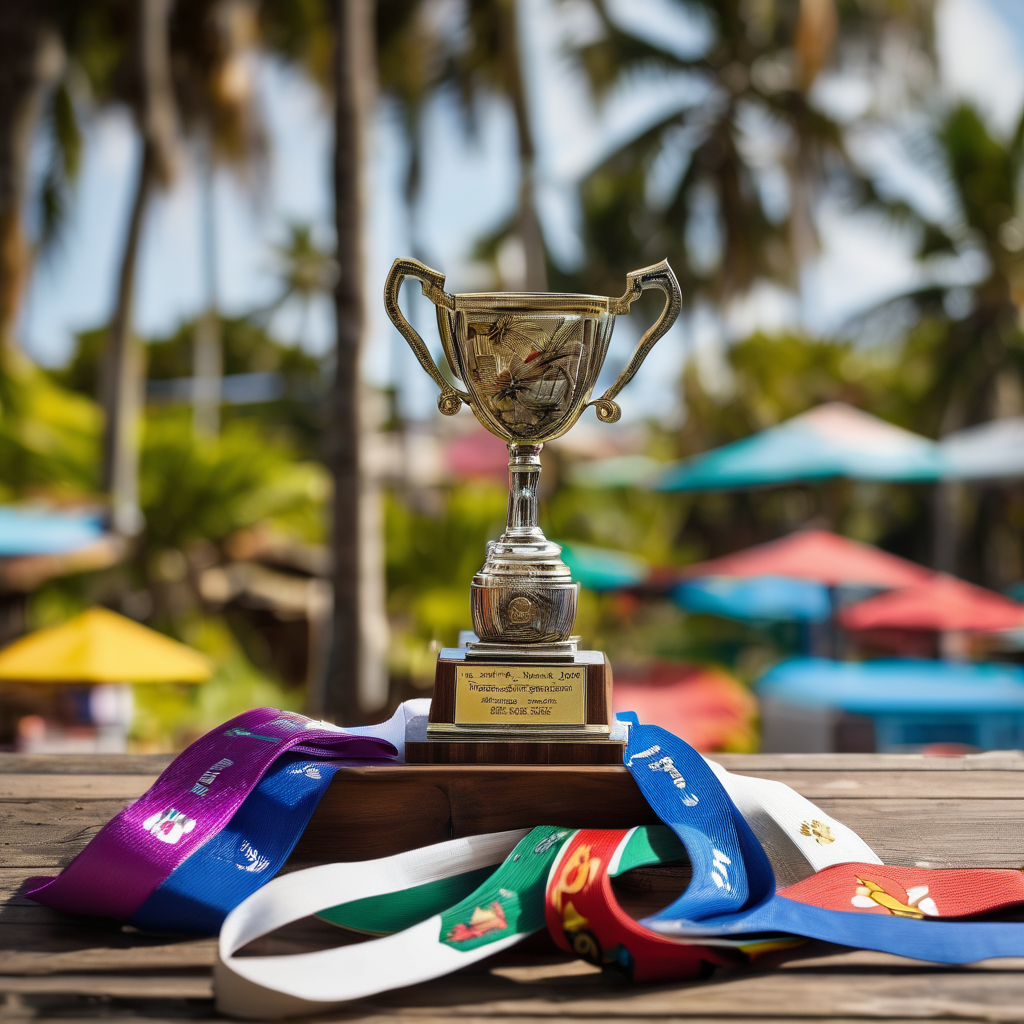The inaugural Fiji Police Force Taekwondo Championship kicked off with vibrant participation from both children and police officers, heralding a promising era for martial arts across the nation. Hosted at the Police Mobile Force over the weekend, the event saw 70 enthusiastic participants, comprising 20 police officers and 50 children, all keen on acquiring Taekwondo’s discipline and self-defense skills.
The event was graced by prominent figures, including Counselor Myong-jun Kim and Consul Yun-hye Jung from the Korean Embassy in Suva, and was praised by Sanghyun Ra, the National Coach from the Fiji Taekwondo Association, for successfully bringing together different communities to explore and enjoy the sport. The championship aims were clear: enhance physical and mental capabilities, foster a healthy leisure culture within the police community, and promote Taekwondo’s growth in Fiji with consideration towards future international competitions.
With Commissioner of Police Rusiate Tudravu underscoring the critical role of self-defense in a world filled with challenges like violence and drugs, the event’s timing feels particularly pertinent. Tudravu stressed the importance of fitness and discipline, which echoed with the young participants who underwent demanding training in preparation for the competition.
Inspired by the event’s success, the Fiji Police Force is planning to incorporate Taekwondo training into its routine, starting with the Police Mobile Force. Following the proper skill acquisition by their trainers, this program will be expanded to various divisions, championing Taekwondo as a versatile and valuable skill.
This championship represents an exciting stride in Fiji’s sports scene, highlighting community involvement and the comprehensive benefits of martial arts. By integrating sports with community initiatives, Fiji is on course to build a robust framework for skill enhancement and healthful recreation, paving the way for future leaders in Taekwondo. With backings from both international bodies and local governance, there is a hopeful outlook that such initiatives will raise the sport’s visibility, encouraging youth engagement and fostering a culture of discipline and resilience in the region.
